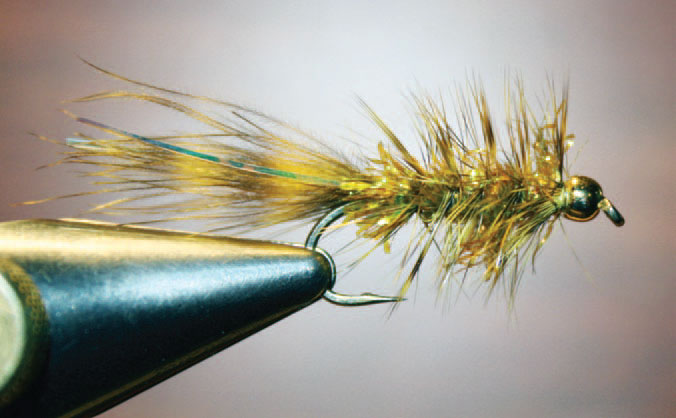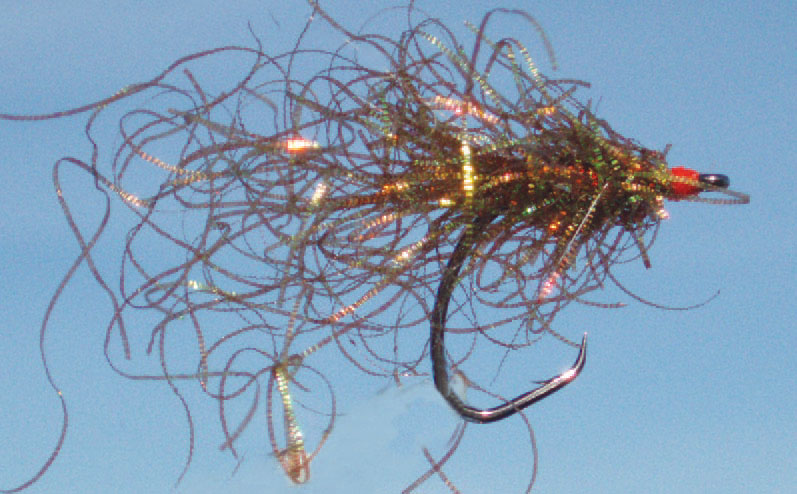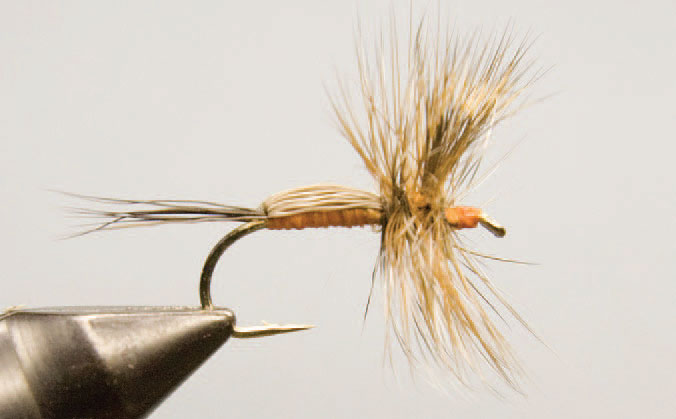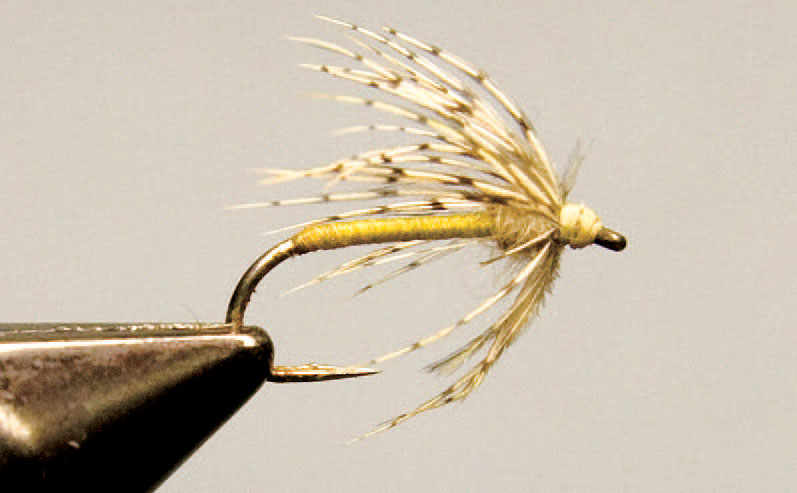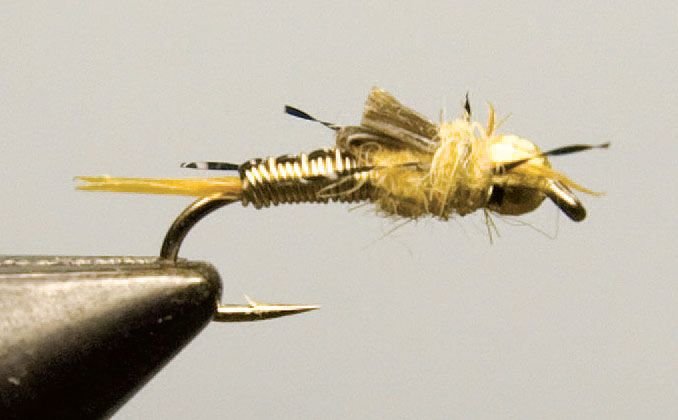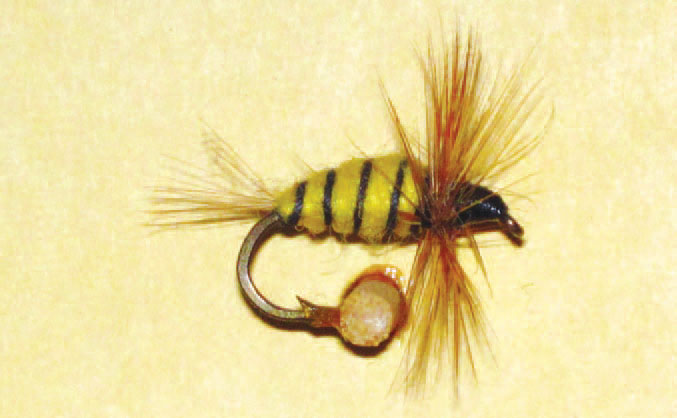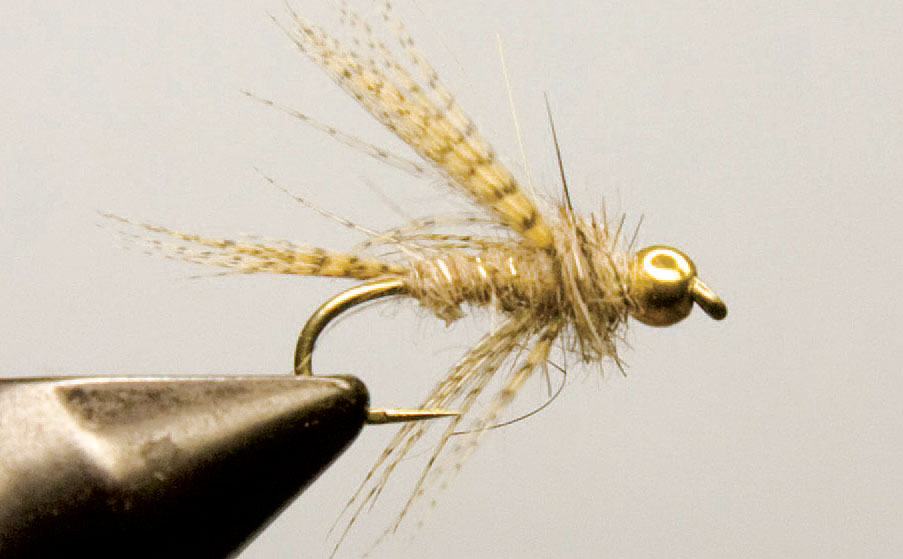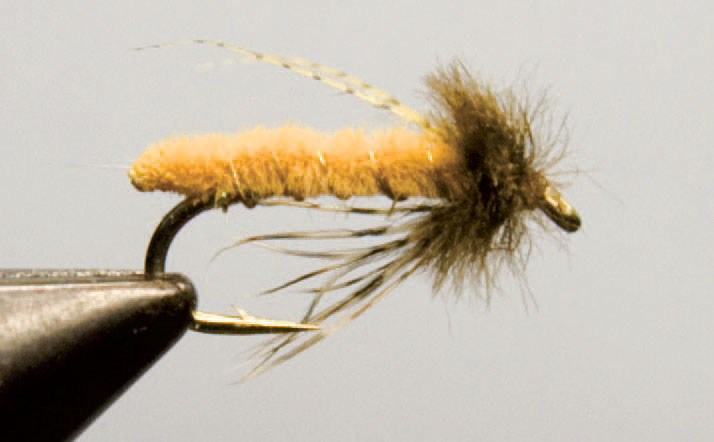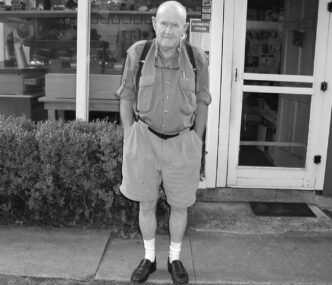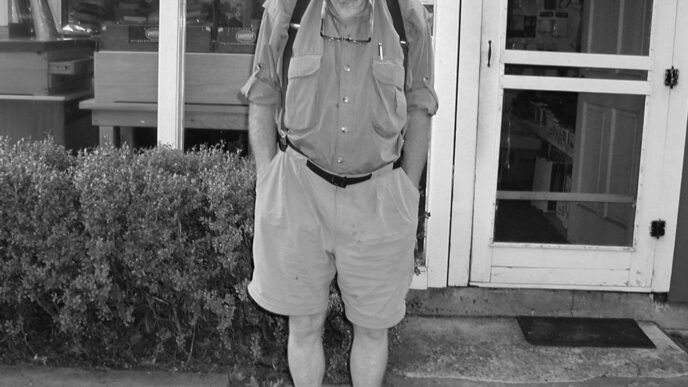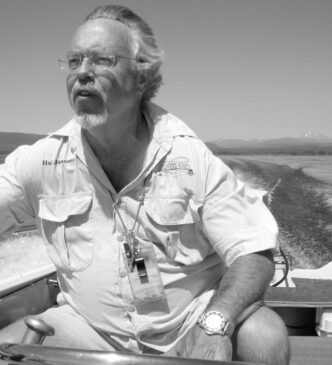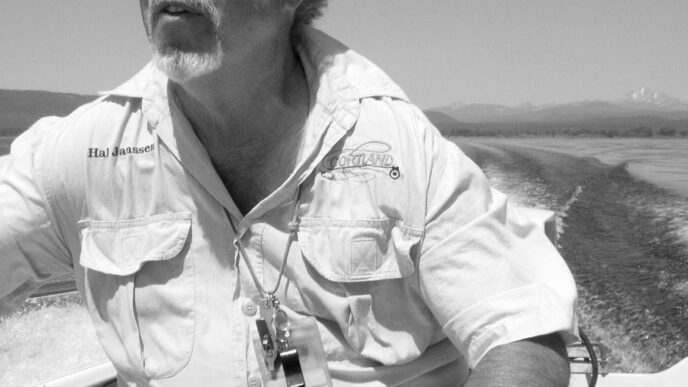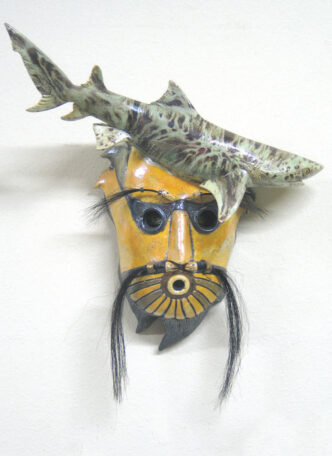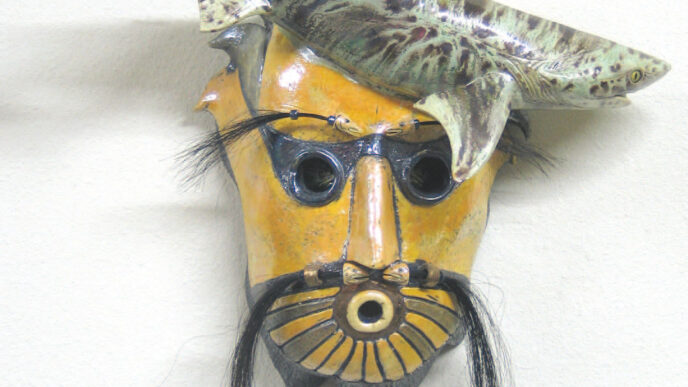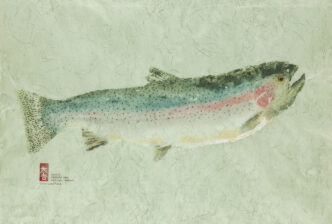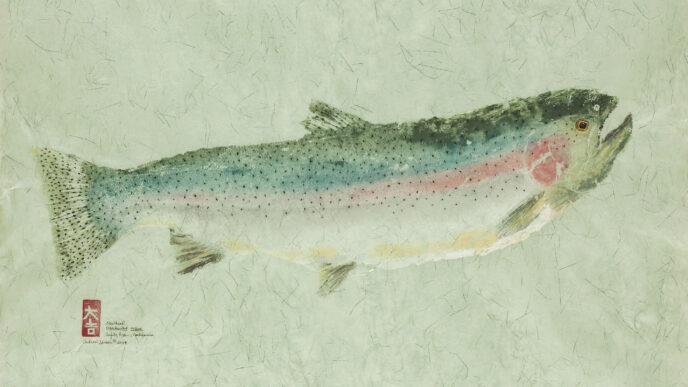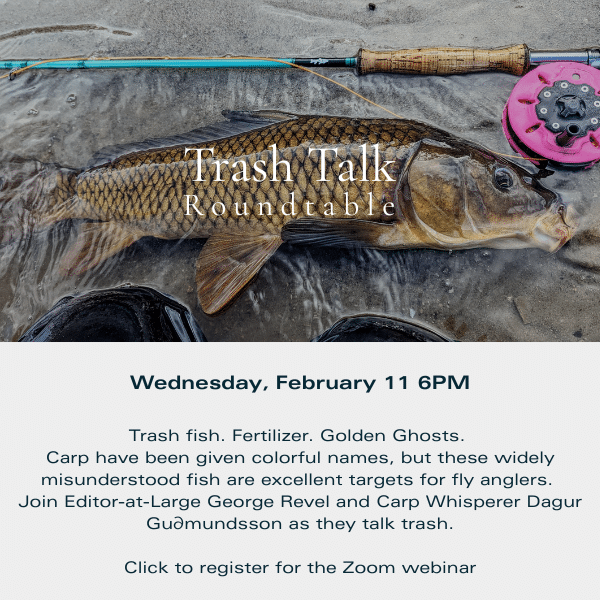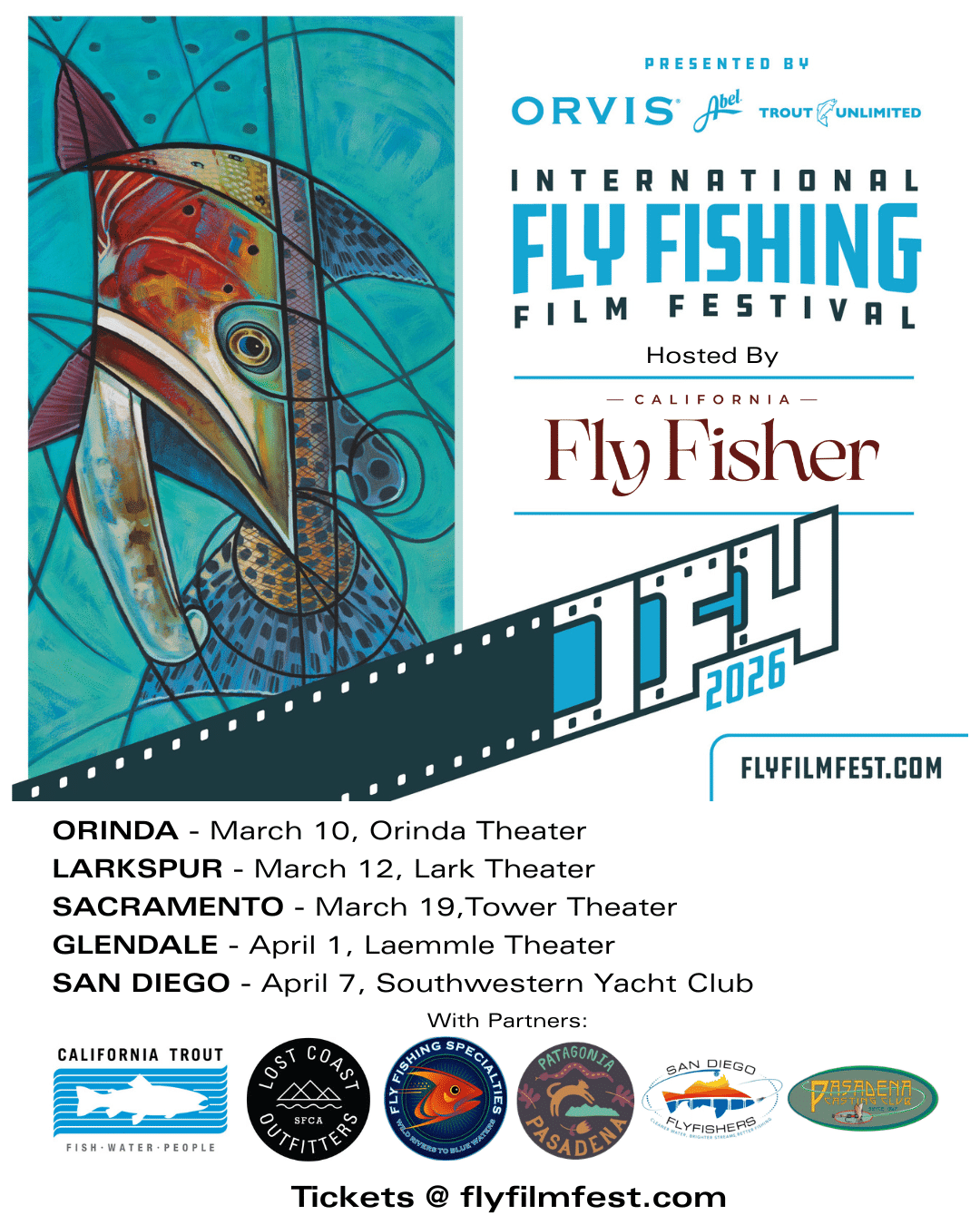Some days, the fishing’s just slow, some days, though, you are slow, and if that’s the problem when you’re prospecting for bass at Lake Berryessa, casting badly from the middle position in a boat where you’re bracketed by sharpshooting pals throwing salty plastics on conventional tackle . . .
You, Sir, Ms., or Madam, are in trouble. This could be a time that tries your soul, tests limits of faith and philosophy, the bonds of friendship, and the therapeutic value of favorite medications. Even the right perspective goes only so far without spiritual support — about 90 proof. And if perspective-and-soda stifles your frustration when the fish count rises to eleven at the bow, one (foul hooked) in the center (you), and seven for the guy in the stern, it’s time check your pulse. Pile on eight more fore and three aft to nada se nada at your position, add just one “Yippie-ki-yay” ululation, and you’re entitled to check the pulse of a fishing companion instead, jamming thumbs against his carotid arteries while snapping his head back and forth to get the juices, as they say, flowing.
But that would be wrong. Wrong. What you probably think you need, in a situation like that, is an excuse. You may be misguided about your need (I’ll discuss it later), but, ever eager to serve, this Meander presents several options for you to consider: “Excuses Divine,” “Excuses Secular,” and “Excuses? Who Needs Excuses?”
Excuses Divine: In the Beginning…
Excuses get a bad rap, and that, too, is wrong. Now and then, every angler experiences episodes of embarrassment, humiliation, shame, and wholesale abasement: perfectly natural, not to worry. For some anglers, “now and then” might even mean “not every time I go fishing,” only because sometimes we fish alone, on midwinter nights, at a pond in a penal colony where we are always the best angler, unless there’s some insomniac heron.
Ah, if only that the self-esteem we earn at our finest moments could carry us through some fishless ordeal on Hot Creek. You know — those six sour hours we spend wading around lucky anglers who wear newer vests and cast better rods with slicker lines using the only right fly as they hog all the very best spots. But esteem, by its nature, always needs renewing. That’s where excuses come in — or should. Because we know there’s some reason why things worked out so badly, some reason beyond the obvious “Fish hate me.” But . . . what happens instead, far too often? We hesitate. We worry. We wonder if it’s right to chase another angler to a deserted pull-out and pin him against his Volvo long enough to explain ourselves.
And that is the sin of pride.
Yes it is. Because . . . wait for this . . .
God expects excuses, and the Bible tells us so, almost.
Surprised? Probably. And yet . . .
In the beginning, there was the Word, and that Word was His. Then there were more words — ours, one way or another — which in the beginning consisted mainly of whining, obfuscation, character assassination, and outright lies told, rashly, to an omniscient and omnipotent being. But don’t take my word for this: read Genesis in one of the new, abridged versions that grinds Kings James’s language into a weak porridge that appeals, supposedly, to lay people who need to lie down. Strip away everything sacred, and you’ll find something like this:
Adam to God: “Whoa, Lord . . . you meant that fruit? Because when you said ‘apple’ I thought. ”
Adam to God, again: “I didn’t want to say this, but Eve said I had to. Fruit and five servings of vegetables. The leaf is her idea.”
Eve to God: “Well Snake says it’s fine, and he has a Master’s degree.” (In education. Thesis title: “Forbid Knowledge?: No Way.”)
Snake to God: “Jussst doing my job, asssk Sssatan.”
And finally, Cain to God, with “So what am I, bro’s keeper?” included here because God never does indict the third son, Seth, who at that moment was the only human being who did not blow smoke.
So? Know this: From the beginning, our species offered excuses first — to God! — accepting personal accountability only when He caught us out.
To God. And you’re afraid to whine about “my crummy tippet” to some Volvo dude from L.A.?
No. Instead, you will recognize a sequence that shall be called forever after, starting now, the First Tactic. In the beginning, there was the excuse. Amen.
Excuses Secular: Why It’s Never My Fault
Atheists, humanists, Communists et al., have faith: If you’re vaguely American and a product of our age, Excuses R4 You, too, and so is this touching story, a sad parable for our time.
As if it were yesterday, I remember my first-ever fishing adventure. I was five when Grandpa Charlie parked me on a concrete curb beside a pond in Central Park. For an hour, I stared at the green-and-white bobber floating directly beneath the tip of a three-foot rod, waiting, while Grandpa read a newspaper on a bench behind me. I swear the expectation was beyond any I had ever known.
Incredibly, the bobber bobbed — twice, once darting half an inch left. Had Venus appeared naked on a half shell, I would not have been so excited, although my priorities would change with age. I explained to Grandpa that the sky had fallen, that the earth had moved for me. While disappointed by the response, “Didn’t see it, could have been wind,” that feeling paled beside my outrage when he followed soon after with “They’re not biting today. Time to go home.”
Like hell. And I might really have remained right there on that bank through my elementary school years, at least, if my mother’s father — note this change in our relationship — hadn’t outweighed me by 200 pounds. The fury that followed . . . the violence, the sense of betrayal, the overweening and overwhelming recognition that the cosmos is unfair, indifferent, likewise its inhabitants . . .
If only it had stopped there.
“The fish weren’t biting,” my mother’s father repeated to my mother. And while my protests were mostly exhausted by then — or I was, having been dangled by my armpits, thrashing, on our walk home — this much I understood: it was all the fault of the fish.
And so it would go ever after, in my America. The die was cast. The rod was too short or long, the reel too old, the barometer falling … from there, of course, I fell only further until I moved, utterly faultless, into my teenage years as a smug young sophist who saw at last what so many others had missed: If you distill things properly, squint hard as you peer deep with peerless eyes, anthropomorphize appropriately . . . if you adopt in spirit the “right perspective,” the perspective that works so nicely for Big Oil, Big Chem, Big Pharm, and Big Tobacco, also for lumber and agribiz, land developers, savings and loans, banks, Wall Street, real estate, the insurance industry, and both political parties . . .
. . . if you are, at last, a native son or daughter, you know this:
Those fish should be making excuses to us.
Unless it was that crummy tippet.
Excuses? Who Needs Excuses?
Or unless . . .
Let us now shift gears. Twice. With a clutch, first, then again with a wrenching action violent enough to change dimensions. That will bring us, almost, to Lake Berryessa, six days ago, with friends I’ll call here Will and John.
Ah, the Bay Area in spring: hills so green, broken clouds, a breeze that doesn’t push the boat about too much, too often. We see carp in the shallows, languid still, save for a small school love-dancing near shore. A channel cat takes cover in weeds just below us, near where John finds a complete casting outfit, worth something like $300. (He chortles softly, endlessly, and so will fill in, all day, for the calls of every migrating bird that hasn’t yet arrived in California.)
We explore, finding fish after an hour or so, when Will takes a three-pound largemouth, then another. He understands the game, so casts soft (and tasty) slugs and worms tight to the bank, freespooling them straight down, waiting . . . and soon sets his hook on a third.
Meanwhile, I snag a fine bass below the dorsal with a Bunny Leech. Will takes a couple more — who’s counting? — which convinces John to switch over to his newfound casting gear. He lands a fish, the bow boy takes several more, John get a second, then a third . . .
I change flies fifty-three times, also from a floating line to sinking and back, twice. Not happening. Mindful of my impending despond, I think, John switches back to his fly rod and lands a crappie so large you’d think Barry Bonds had been pissing nearby. Will gently suggests I keep my rod tip lower; I don’t hit him. He suggests this again a short time later, probably by way of checking my pulse, then offers to trade me his casting rig for my fly rod. I refuse, telling him I’m afraid he’ll catch something on it. He insists, graciously, and catches two. Apropos of nothing, John insists I improve my health habits and diet.
So it goes.
Reader, do you know how you know you’re in trouble? Let me tell you: when somebody lays a cast into a shore shadow and, while the lure falls, the line zips sideways and the dialog goes like this:
“I think that’s a fish.”
“You know, some days it’s just so great to be out on the water. Sweet smell in the air, just floating along —”
“Got to be a fish!”
“How about those cumulous clouds?
Do you see the bunny?”
“Set the hook!”
Oh yeah, that’s trouble. Now, Reader, how do you know when it’s big trouble? Way bigger?
When you’re the skunk guy shouting “I think that’s a fish!” while the fisher with the doubled rod is the one trying to distract you with nonsense about “sweet” air and bunny clouds.
Now you’re in trouble. Unless . . .
Yeah. Unless that conversation didn’t happen. Unless what really happened went more like this, and it came almost out of the deep, deep blue.
In my life, Will and John are survivors. Literally — two of half a dozen fishing friends left to me after three died six years ago, along with woman who drowned in the river just around the bend from my boat. By December 31, three more pals I’d known since my teens had also passed away.
There’s no reason to put any point on all that, save to say that like my other survivorving friends, they live a long way away from me now, in a place where I don’t always fish alone.
Will, John — we have a little history, if not as much as I’d like: trips to Mexico, Canada, Mount Lassen lakes, the Sac, some coastal rivers, the Bay, the Delta and its tracts, some places I’m not allowed to remember. We have nonfishing dinners in town — feasts, really . . .
We’re comfortable, is what I’m saying, with each other, also with an order we freely embrace. Will is the expert, more experienced by a factor of fifty, and I’m not exaggerating much, who somehow manages to combine a sense of how good he is without slipping into arrogance. John’s both a student of Will and a senior advisor — somehow — who loves to fish and tie, except that during their season, he indulges his greater passion for good guns, dogs, and ducks. I am . . . well . . . the writer, earnest, if mildly confused, also the often-frayed family man.
Let me repeat: “comfortable.” Let me add “creatures of habits” that we enjoy in each other. One of us, for example, wears excellent hats. Another changes leaders every decade, religiously, partly just so he can cackle whenever he lands fish on rotted yellow mono. The third leaves something behind somewhere it doesn’t belong every single time he goes anywhere. And all of us know for certain that at some point in every reunion, John and I will gleefully remind Will of the twice and once, respectively, that we managed to outfish him — about the look on his face, which wasn’t outraged or resentful, but seemed to express concern that perhaps the Earth had left its orbit.
Like that.
So we’re at Berryessa because I’m racing through town and wanted to fish, with them and with others I can’t. The fishing’s almost as good as I’ve described, and I am the skunk.
Don’t get me wrong. I’m not saying I didn’t have moments of frustration — boy, was I casting badly. I’m not saying I didn’t contemplate excuses some hours in. And don’t imagine I wasn’t trying hard, trying more, or that I didn’t fret — I always want to catch fish — or that I fell into a stupor or reverie, found a koan, and inched toward Enlightenment. I did notice Will and John gently worrying about me.
What I’m saying, however . . . is that it had been a while since I felt, well, so comfortable. At ease with fishing friends who, all and all and in the end, really needed no excuses from me at all.
Comfortable. It had been a long time.
I’d like to end this story there, and should. But there was this one other thing, and it would feel too much like cheating to leave it out.
We were loading the boat in the evening when sadness rose over me like the lead wave of a vast and rising tide. I didn’t quite know what it was, at first, or what was happening, but I tasted copper, and, if it has a taste, mortality.
It happened so fast. No one memory or loss washed over me; maybe it was all of them together, a mix of mourning and pity set off too suddenly or starkly by this day and company, by whatever’s missing from that solitude I say I don’t think I mind.
That only sounds right. I don’t know. But it was a very old feeling that in that moment seemed to flood the future like all the gathering dark.
I didn’t drown in that flood. Or not for too long, anyway, and I rather hope nothing showed, to Will or Bob or in my voice when I called my wife and kids before hitting I-5. I don’t think so.
By Red Bluff, it had lifted enough that I was trying to sift out sense — beginning, incredibly, with the feeling of certainty that when it faded away, I would miss it.
Another writer, a better writer, might put wiser words to that. My own insights felt tinny and faint. The best I could manage, north of Shasta somewhere, was to decide that I’d learned again that sometimes great gifts come at great cost, but other times, you may catch a day at Berryessa and slip away free, lucky, even if fishless, for what it brings. No excuses needed.
Flies in Color
